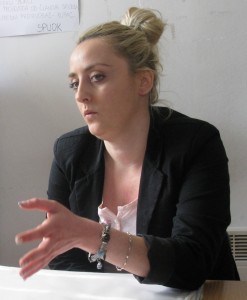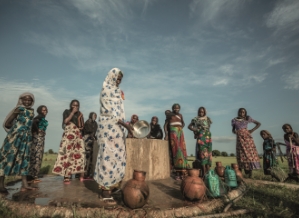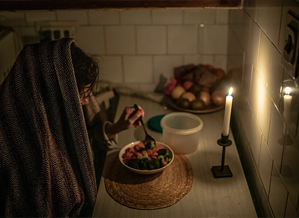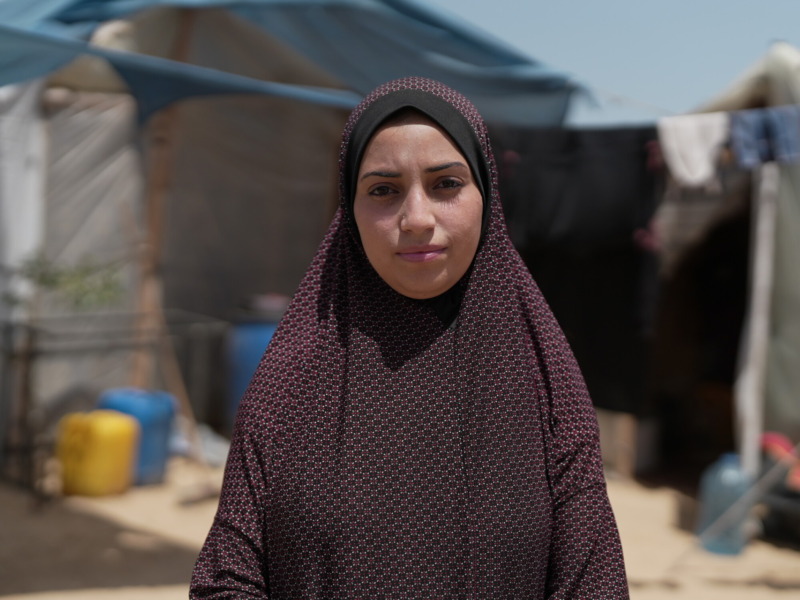
The story of Alma Huseinbegovic from Konjic
Alma Huseinbegović is the Directress of the Cooperative of Agricultural Associations in the area of Konjic, north Bosnia and Herzegovina. The Cooperative serves as the umbrella for 700 members, 80 of which are women.
Konjic is the largest municipality by the territory it covers in BiH, where many small farmers produce vegetables, fruit, milk, cheese and medical herbs. They all bring their products to the Cooperative, which helps them sell it and reach wider markets. When the producers can not sell it directly at the market, the cooperative buys it and takes care of the further sale.
All of this did not exist when Alma came back to her town Konjic in 2008, after graduating from Mostar University. She gained her honours degree in agronomy at the age of 21 and instead of staying at home, she went out looking for volunteering jobs. She was offered a position to provide help at the municipality Konjic for a year, where her skills and education were soon recognised, and after a short engagement she was offered to establish the Cooperative and be the directress. At first, Alma was unsure she was up to the job, but she was assured that she would receive help if needed.
So, she ventured into a new experience, with her one colleague and not much in a way of space, equipment or the budget.
Today, the Cooperative has equipped offices, 11 staff on call from the Association of Agricultural producers, vehicles and a regular budget provided by the Municipality. They also work on a number of projects, enabling them to extend their services to their members. Alma adds that all of their projects are 30% co-financed by the Municipality, which so far was very supportive of the Cooperative.
Raspberries, blueberries and chestnuts are most commonly sold products, however there is not enough quantity to satisfy the demand of foreign markets to which they can easily sell.






